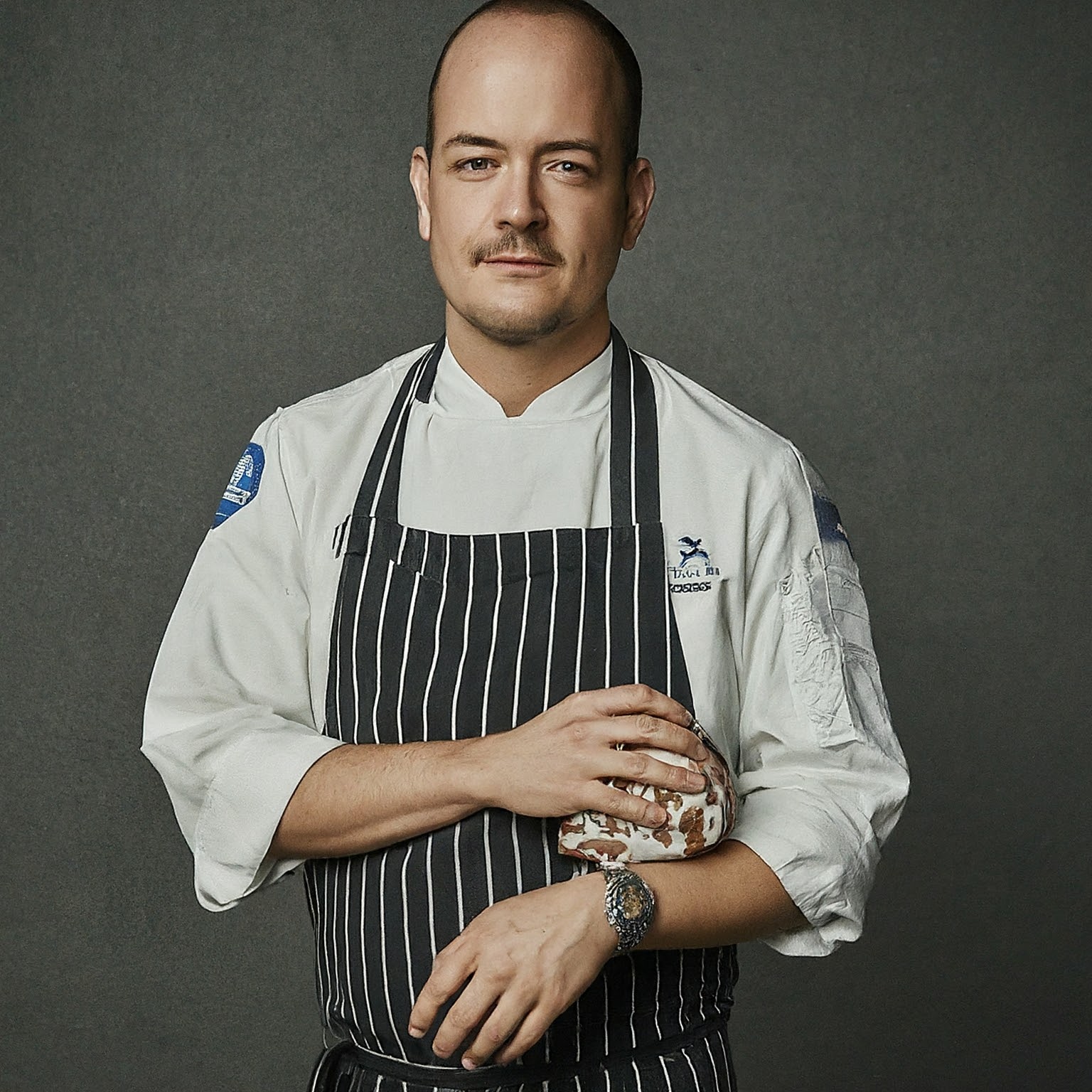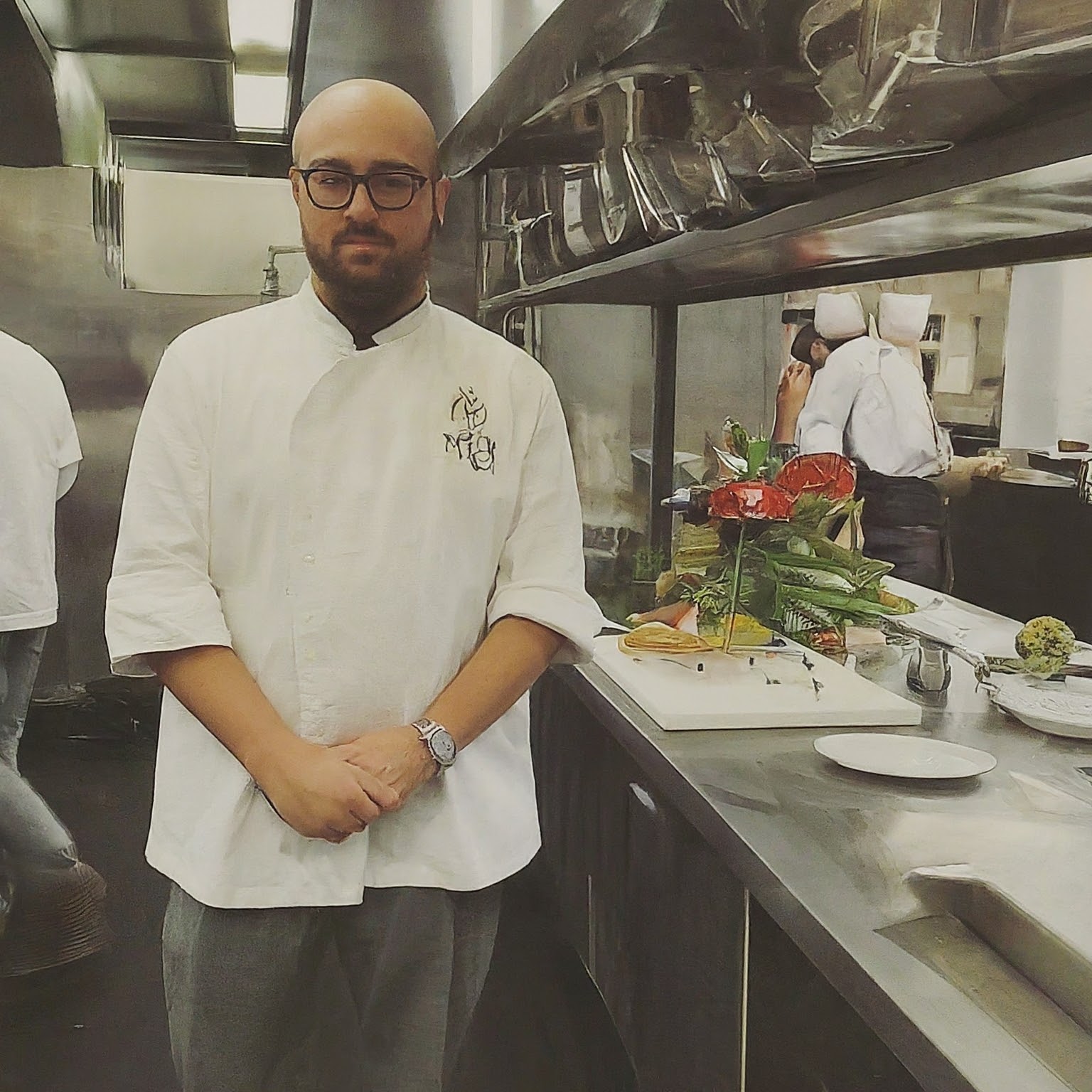
A sous chef
Becoming a successful sous chef is a significant milestone in a culinary career, bridging the gap between line cooks and the executive chef.
The sous chef plays a crucial role in the kitchen, managing operations, mentoring staff, and ensuring culinary excellence.
This article explores the essential strategies for thriving as a sous chef, providing insights, tips, and an FAQ section to guide aspiring culinary professionals.
Mastering Culinary Skills
1. Continuous Learning and Skill Enhancement: To succeed as a sous chef, continuous learning is vital. Enroll in advanced culinary courses, attend workshops, and stay updated with the latest cooking techniques and trends.
Mastering both fundamental and innovative culinary skills ensures you can handle a diverse range of dishes and cooking methods, making you a versatile and valuable asset in the kitchen.
2. Specialization: While it’s crucial to be versatile, having a specialization can set you apart. Whether it’s pastry, seafood, molecular gastronomy, or another niche, becoming an expert in a specific area can make you indispensable.
Leadership and Management
3. Effective Communication: Clear and concise communication is essential in a fast-paced kitchen environment.
As a sous chef, you must effectively convey instructions, provide feedback, and resolve conflicts. Building strong communication skills helps maintain a harmonious and efficient kitchen.
4. Team Building and Mentorship: A successful sous chef fosters a positive team environment. Invest time in training and mentoring junior staff, encouraging their growth and development.
Recognizing and nurturing talent within your team not only improves kitchen performance but also boosts morale and loyalty.
5. Time Management and Organization: The ability to multitask and manage time efficiently is crucial. Plan and prioritize tasks to ensure smooth kitchen operations, especially during busy service hours.
Organizational skills, such as maintaining inventory and scheduling staff, are also vital for seamless kitchen management.
Creativity and Innovation
6. Menu Development: Participate actively in menu planning and development. Bring fresh ideas and creativity to the table, experimenting with new recipes and presentations.
Staying innovative keeps the menu exciting and can attract more customers to the restaurant.
7. Staying Current with Trends: Keep abreast of culinary trends, dietary preferences, and seasonal ingredients. Incorporate these trends into your cooking to offer unique and contemporary dishes that cater to evolving customer preferences.
Building Professional Relationships
8. Networking: Establish connections within the culinary industry. Attend industry events, join professional organizations, and connect with other chefs and food professionals.
Networking can open doors to new opportunities, collaborations, and career advancements.
9. Vendor Relationships: Build strong relationships with suppliers and vendors. Reliable suppliers are essential for the consistent quality and availability of ingredients.
Negotiating better deals and understanding seasonal variations can also help manage costs and improve profitability.
Personal and Professional Development
10. Resilience and Adaptability: The culinary industry can be demanding and unpredictable. Developing resilience and the ability to adapt to changing circumstances is crucial.
Stay calm under pressure, learn from setbacks, and remain focused on continuous improvement.
11. Career Advancement: Set clear career goals and work towards achieving them. Seek feedback from your executive chef and peers to identify areas for improvement.
Taking on additional responsibilities, such as managing special events or leading new projects, can demonstrate your readiness for further career advancement.
FAQ: Success as a Sous Chef
Q1: What qualifications do I need to become a sous chef? A1: While formal culinary education is beneficial, experience and skills are paramount. Many sous chefs start as line cooks and work their way up through hands-on experience and continuous learning.
Q2: How can I improve my leadership skills as a sous chef? A2: Focus on effective communication, active listening, and empathy. Lead by example, provide constructive feedback, and invest in your team’s development. Leadership courses and mentorship programs can also enhance your skills.
Q3: What are the biggest challenges faced by sous chefs? A3: Common challenges include managing kitchen staff, maintaining quality under pressure, handling supply chain issues, and balancing creativity with consistency.
Effective problem-solving and time-management skills are crucial in overcoming these challenges.
Q4: How important is creativity in the role of a sous chef? A4: Creativity is essential. It keeps the menu fresh and exciting, attracts customers, and distinguishes the restaurant from competitors.
Always seek inspiration and be open to experimenting with new ideas.
Q5: What is the typical career path for a sous chef? A5: A sous chef typically progresses to an executive chef role.
Gaining experience in various kitchen positions, continuous learning, and developing strong leadership skills can pave the way for career advancement.
Conclusion
Success as a sous chef requires a blend of culinary expertise, leadership skills, creativity, and resilience.
By continuously honing your skills, fostering a positive team environment, and staying innovative, you can excel in this pivotal role.
Building professional relationships and focusing on personal development further contribute to your success. Embrace these strategies, and you’ll be well on your way to a rewarding and successful career as a sous chef.





